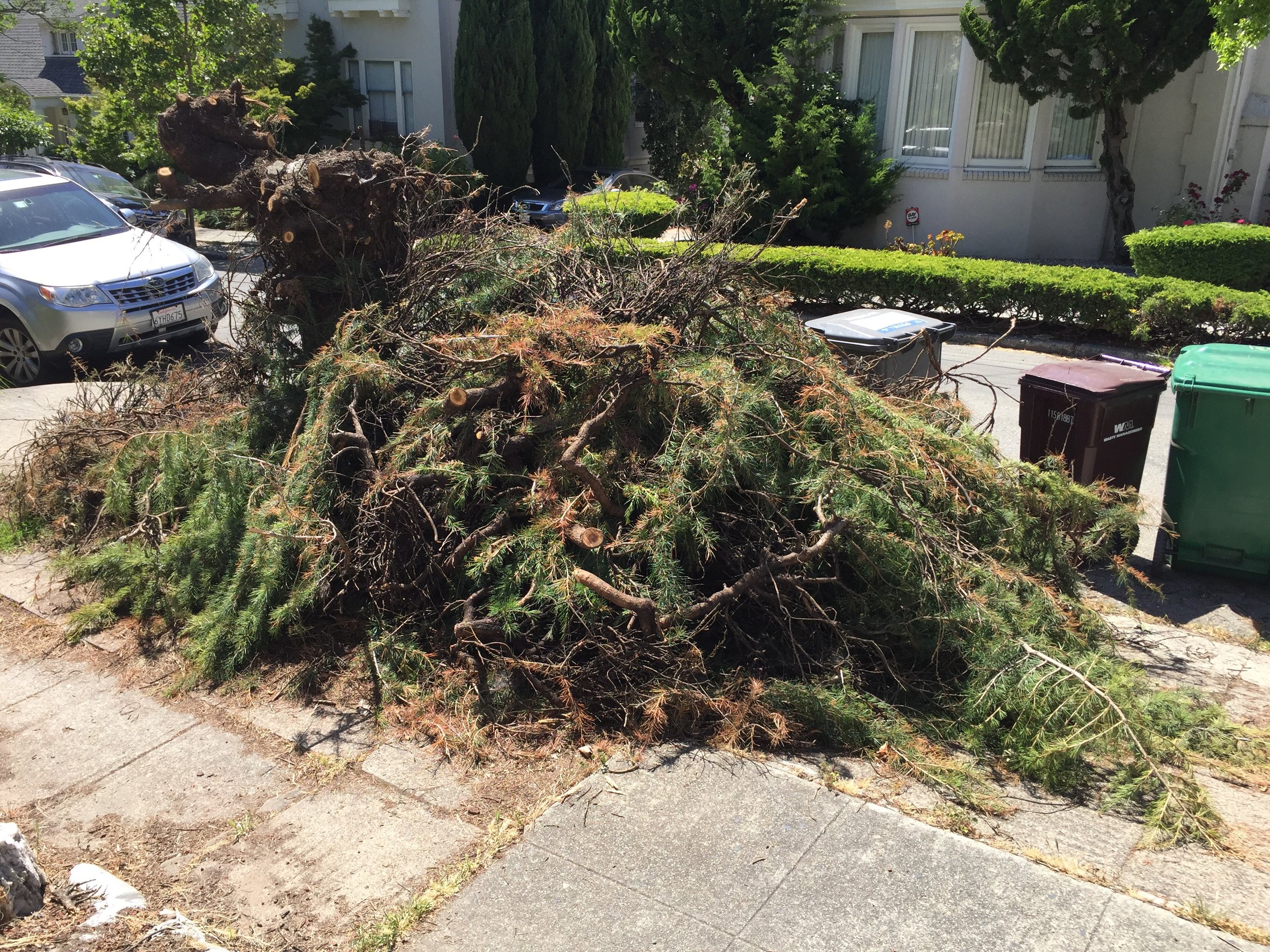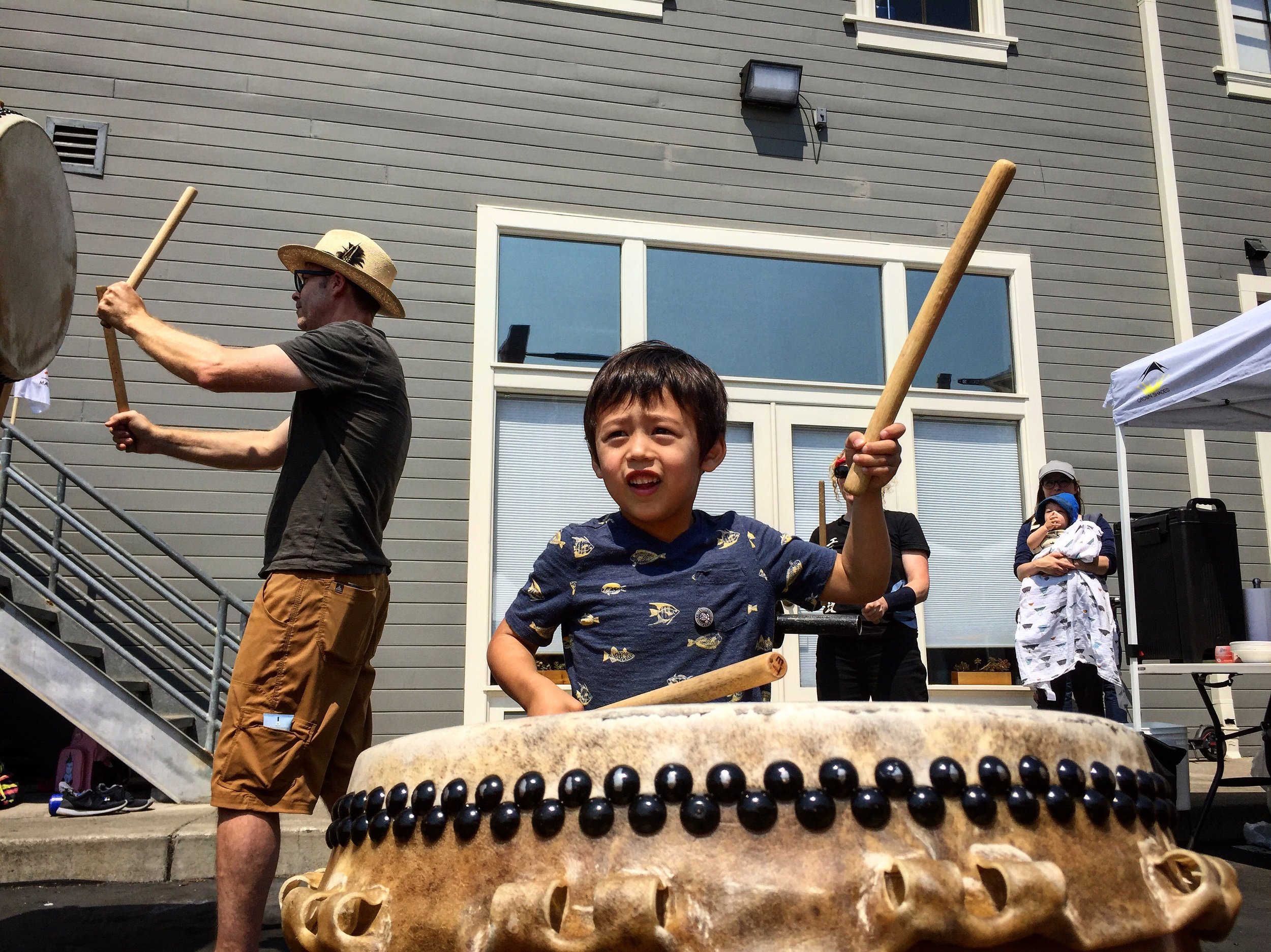Acting under emergency powers, governments across the country have shuttered restaurants in response to the COVID-19 pandemic. When we reopen, our sales will be a fraction of pre-pandemic levels, and will not be enough to pay rent. Immediate government action on rent relief is needed or there will be a mass failure of restaurant businesses, leaving untold thousands unemployed, depressing sales tax revenue, and leaving gaping holes in the fabric of our communities. California’s proposed law SB939—which, if passed, would give restaurant tenants the option to walk away from an untenable lease—is a step in the right direction.
The restaurant industry wants to do its part, but without help, we are on the brink of mass extinction. In the Bay Area where I live, restaurants have been closed, by government order, for over two months—with at least weeks still to go. When we are finally allowed to reopen, the road to recovery will be long and littered with obstacles: mandatory caps on dining room capacity, the likely prospect of future COVID outbreaks, and a persistent quarantine mindset among consumers. What happens to downtown business lunch traffic when all the white collar workers are still taking Zoom meetings from home? And just how, exactly, are my customers supposed to enjoy the dine-in experience in a mask?
Independent, family-owned restaurants cannot survive this toxic landscape. These businesses operate on razor-thin margins to begin with. And then the cash flow stopped, overnight, when the shelter-in-place orders issued in March. Cash is now long gone, because anything in the bank in March was used to pay February’s bills as they continued to trickle in. Limited sales from takeout and delivery during the shutdown might generate enough revenue to keep a few employees working, pay the cost of goods and the electric bill, but it comes nowhere close to paying all the bills.
When we reopen, we can adjust labor and inventory to match demand to a certain degree, but we cannot control our fixed costs. And the biggest fixed cost—by far—is rent. Commercial rents were sky high relative to sales before the pandemic, particularly in the Bay Area and other coastal markets. For restaurants emerging from months of zero revenue into a world of 50% revenue, the pre-pandemic rents will be what put us out of business. Reports of permanent restaurant closures are already mounting, and we have not even reached the end of shelter-in-place. There is a good reason The Cheesecake Factory announced, on March 18, that it would not pay April rent amidst the shutdown. It’s a choice between paying rent and immediate insolvency.
Resolving the rent problem is, without question, the critical predicate to restaurant survival. Here’s an all-too-common scenario I see, both in my own business and in that of my commercial tenant clients at work: in response to a COVID-related plea for rent relief, the landlord offers two or three months of deferred rent, with rent increasing over pre-pandemic levels in June or July, in order to pay the landlord back. In other words, landlords want tenants go into debt, so that landlords can get paid 100 cents on the dollar, thus taking no share in the pandemic’s economic costs. In this scenario, tenants will pay higher rent to operate while, at the same time, the government has shut down half of every dining room.
Landlords are able to take this position, and often get away with it, because the commercial landlord-tenant relationship is inherently asymmetric, particularly with respect to small business tenants with limited bargaining power. For example, many landlords require tenants to sign personal guaranties, obligating the tenant’s owner individually for unpaid rent. Landlords collect five-digit security deposits at the outset of a lease. Tenants typically invest at least hundreds of thousands in creating a restaurant space, which the landlord keeps when the tenant vacates. Perhaps most critically, in most business relationships, when extraordinary circumstances— earthquake, flood, or pandemic—prevent the performance of a contract, the contract can be suspended or terminated. But most commercial leases contain a “force majeure” clause that can require the payment of rent even when disaster prevents the tenant from operating. The landlord bears no downside when sales are poor—even when caused completely by external factors. That means when the world blows up, the landlord won’t have to provide the leased space, but the tenant may still have to pay rent.
This lopsided relationship is problematic in normal times. It is an emergency in the midst of the COVID-19 pandemic. If small businesses cannot get reasonable rent relief in the near future, a substantial number of them will not reopen. The jobs associated with each closed business will be permanently lost, small business owners will be financially devastated, and local governments will lose sales tax revenue desperately needed to provide essential services. Local communities will lose their amazing diversity of restaurants and shops, which will be replaced slowly—and, more likely than not, by large corporate chains. The courts, meanwhile, will be overwhelmed with landlord-tenant civil lawsuits, unlawful detainer actions, and bankruptcies.
Governments at all levels need to get involved, and they need to do it soon. At the federal level, the government should provide relief funding for commercial landlords, so that rent on the ground can be waived—not merely deferred—during the shutdown period. Canada has already announced an Emergency Commercial Rent Assistance (CECRA) program for small businesses which, according to the Canadian government, “will lower rent by 75 per cent for small businesses that have been most affected by COVID-19.” There is every reason to implement a similar program in the United States. Fixing the manifest defects of the PPP program would be a great start, but a full restaurant industry bailout, like the one being proposed by Rep. Earl Blumenaur from Oregon, is ultimately what the industry needs to survive the next 12-24 months.
At the state and municipal level, governments need to ensure that the burden of the COVID-19 shutdown is shared by landlords, and not borne solely by tenants. Those governments should immediately pass emergency legislation imposing vacancy taxes to discourage evictions, requiring landlords to compensate COVID-evicted tenants for the value of tenant-funded leasehold improvements, preventing landlords from enforcing personal guaranties for unpaid rent during the shutdown and ramp-up, voiding rent exclusions from force majeure clauses, and extending eviction protection. California’s pending SB939 is a strong step in toward balancing the incentives and getting landlords to the bargaining table—if it actually passes and becomes law.
This is not to point the finger at all landlords, some of whom are working with tenants in good faith to navigate the crisis, nor is it to suggest that landlords should be saddled with all the costs. The problem is that costs need to be distributed equitably among all stakeholders, and too many landlords are already playing hardball with tenants, in an effort to avoid being saddled with any costs at all. Many will eventually realize on their own that their economic interests necessitate providing real rent relief, but that is not guaranteed. This is an outright emergency, and it can only be resolved by our elected officials, who must step in and level the playing field—before it’s too late.


















